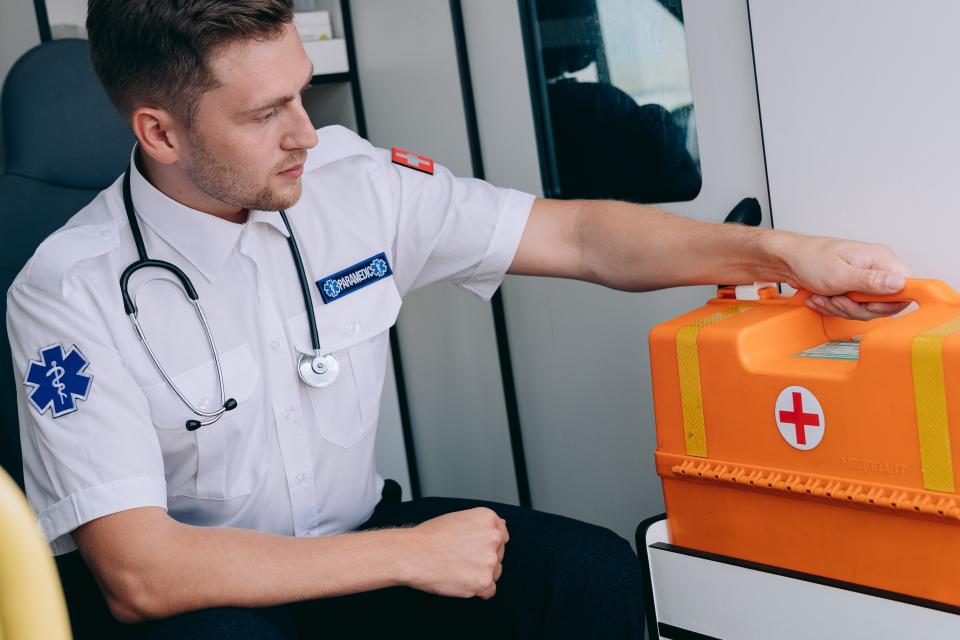On October 16, the European Heart Resuscitation Day is celebrated, which aims to raise public awareness of first aid techniques. During the day, practical lessons on how to revive a person in case of sudden death will be shared.
On October 16, health workers from European countries and members of Red Cross organizations will gather in public places to teach citizens how to provide first aid. Estonia has also participated in this project for 10 years. Our project is called "Your hands save life".
Statistics on resuscitation of sudden out-of-hospital deaths in Estonia show that resuscitation procedures are performed before the arrival of the ambulance in approximately 50% of cases, slightly more than 10% of those resuscitated survive. However, in countries where systematic attention is paid to educating the population, resuscitation techniques are applied before the arrival of an ambulance in 70% of cases and more than 20% of those resuscitated survive. All over the world, the central problem of not applying first aid techniques is the lack of courage, incompetence and inability of bystanders to immediately help someone in need.
In order to raise the awareness of the population, during the second and third week of October, healthcare workers together with Red Cross trainers will share CPR training. It is a voluntary action.
Practical guidelines are given to the public on how to apply first aid techniques in case of sudden death. An overview of the nature of sudden death, calling for help and the capabilities of the ambulance, cardiac massage and the use of the resuscitation device AED is given. A typical sudden death situation is acted out with the help of a manikin, the stages of solving which include the detection of sudden death, calling an ambulance and the first action necessary for resuscitation.
Such activities are carried out in schools, institutions, companies and public places such as shopping malls, sports facilities, libraries, markets, etc. Anyone can participate and it's free. Volunteers also visit kindergartens to teach children how to call an ambulance if needed. When you see the training taking place in a public place, go and refresh your knowledge, because if we don't know how, we can lose a lot - human life! If we can, we can win even more - human life!



